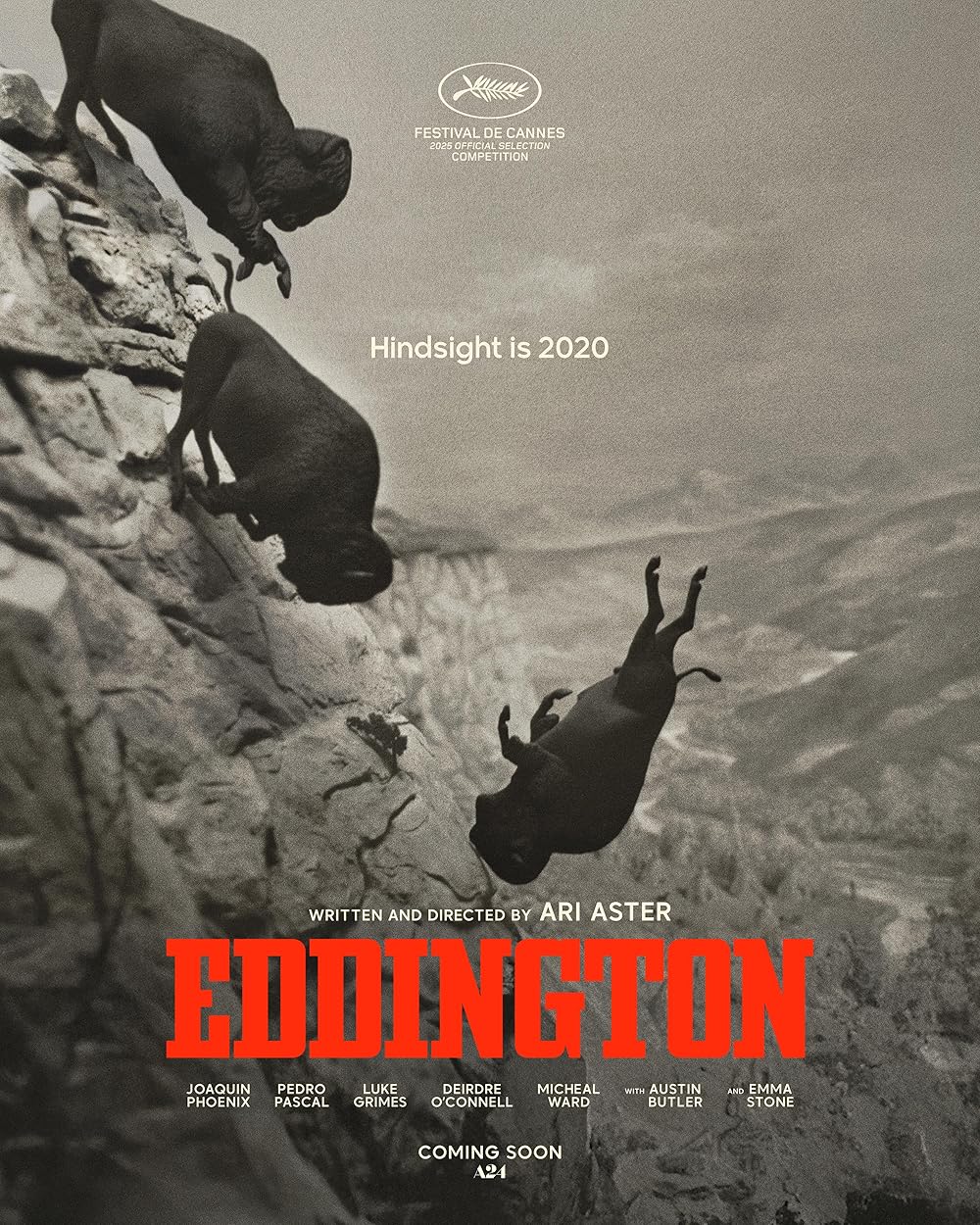Roger's Many Meanings - From Signals To Science
The name Roger, it turns out, carries a surprising amount of history and different meanings, quite apart from what one might first guess. It's a name that has popped up in some truly interesting places, from how folks talked during wartime to the very cutting edge of scientific discovery. You see, the simple sound of 'Roger' has a story that stretches across quite a few different fields and moments in time.
When you hear 'Roger,' your mind might go to a few common things, but the actual scope of its appearances is, well, pretty broad. It’s been a signal in military communications, a way to confirm messages, and it has also been linked to people who shaped history and even those who made big breakthroughs in how we understand the universe. So, it's almost like the name itself has a kind of versatile spirit.
This exploration is going to take a look at just how much ground the word 'Roger' covers, pulling details from a variety of sources. We'll explore its journey from simple acknowledgment to being part of complex scientific endeavors, and even its appearance in popular culture. It's really quite a fascinating little word, you know, with all these different layers.
Table of Contents
- The Name Roger - A Historical Glimpse
- Who Were the Notable Rogers of Old?
- Roger's Mark in Modern Science
- Is Roger a Fictional Figure Too?
- What About the Digital Shadows - Roger and Ransomware?
- Beyond the Individual - What Does Roger Truly Mean?
- Roger's Enduring Presence
- A Look at Roger's Diverse Footprint
The Name Roger - A Historical Glimpse
The name 'Roger' has, for quite some time, been a part of how people communicate, especially in specific settings. It has a background that goes back quite a ways, particularly in how military forces in places like the UK and the US talked to each other. Back around the 1940s, this word became a very common way to represent the letter 'R' when people were spelling out things over a radio or other communication device. This practice was, in a way, about making sure messages were heard clearly, even when there was static or other interference. The simple act of saying 'Roger' instead of just 'R' helped avoid confusion, and that's pretty important when you're trying to convey critical information.
The choice of 'Roger' for 'R' wasn't just random, you know. It actually came from the word 'received.' So, when someone said 'Roger,' it wasn't just about saying the letter 'R'; it was a short, clear way to acknowledge that a message had come through. This little piece of communication history is still around today, even though the broader alphabet used for spelling out words has changed quite a bit over the years. It's a bit like a linguistic echo from a different time, still serving its purpose in certain circles. The continuity of this term, in spite of other shifts, is rather interesting, actually, showing how some things just stick around because they work so well.
Roger in Military Talk - More Than Just a Word
When we think about radio communication, there are often two words that come up: 'copy' and 'Roger.' While 'copy' means that you've simply received the message, 'Roger' carries a slightly deeper meaning. It means not only that the message has been received, but also that it has been understood, and, crucially, that the person receiving it will act on it. This distinction is, in some respects, quite significant. If you're just acknowledging receipt, 'copy' works fine. But if you need to confirm that instructions are clear and will be followed, 'Roger' is the word to use.
This subtle difference in meaning is pretty important, especially in situations where clarity and obedience are paramount. For instance, if two people are on the same level, like two soldiers or two police officers, they might use 'copy' or 'Roger' interchangeably. However, in a chain of command, using 'Roger' can signal a higher degree of commitment to the message's content. It’s a way of saying, 'I got it, and I'm on it.' This nuance, you know, gives the word a certain weight beyond just its basic sound. It shows how language, even in its simplest forms, can convey quite a lot of information about intent and action, which is actually quite clever.
Who Were the Notable Rogers of Old?
Beyond its use in military communication, the name 'Roger' has been carried by some truly remarkable individuals throughout history, people who, in their own ways, made a significant mark on the world. These figures weren't just names in a book; they were leaders, conquerors, and shapers of nations. Their stories show how a name can be associated with power, ambition, and the creation of lasting legacies. It’s a reminder that names often have deep roots in human events, tying us back to figures who lived long ago.
One such prominent figure was Roger I, a Norman noble who lived in the eleventh century. He was a person of considerable influence and played a very important role in the conquest of Sicily. This was a massive undertaking, requiring great strategic skill and determination. His actions helped to establish Norman rule in the region, which had a lasting impact on the political and cultural landscape there. His story is, in a way, a testament to the kind of bold leadership that defined that era, and his name is still remembered for these historical achievements.
Following in his footsteps, more or less, was his son, Roger II. He went on to become the King of Sicily, building upon the foundations laid by his father. His reign saw the consolidation of power and the establishment of a vibrant kingdom. These two figures, father and son, really highlight how the name 'Roger' was connected to significant historical movements and the shaping of territories. Their contributions are, arguably, a big part of why we look back at certain periods of history with such fascination, seeing how individuals can alter the course of events quite profoundly.
Roger's Royal Lineage - Shaping Lands
The lineage of these particular Rogers speaks to a time when personal leadership directly influenced the borders and governance of lands. Roger I, with his efforts in Sicily, wasn't just a military leader; he was a foundational figure for a new political order. His campaigns were about more than just battles; they were about establishing a lasting presence and integrating new territories into a broader sphere of influence. This kind of work, you know, requires a blend of military might and political foresight, something he clearly possessed.
Roger II, as King, took that groundwork and built a proper state. His rule wasn't just about maintaining control; it was about creating a functional and, in some respects, quite sophisticated kingdom. The achievements of these two men, bearing the name Roger, show how individuals can leave an enduring mark on the map and the history books. Their stories are a vivid illustration of how names can become intertwined with the very fabric of historical change, showing up in discussions about medieval European history quite often.
Roger's Mark in Modern Science
Moving from historical conquests to the world of scientific discovery, the name 'Roger' appears again, associated with individuals who have pushed the boundaries of human knowledge in remarkable ways. These are people whose contributions have changed how we understand the physical universe, the workings of life itself, and even the very nature of information. It's really quite astonishing, you know, how one name can span such different kinds of human endeavor, from ancient battles to cutting-edge research.
One of the most celebrated figures in recent times is Roger Penrose. In 2020, he was awarded the Nobel Prize in Physics. This prestigious honor was given to him for his truly outstanding contributions to the study of black holes. His work has helped us to grasp the intricate nature of these mysterious cosmic objects, providing deep insights into gravity and the structure of spacetime. The recognition of his work underscores the profound impact that theoretical physics can have on our perception of the cosmos, making us think about things in ways we hadn't before, which is pretty cool.
Another very important figure in the scientific community was Roger Guillemin, a French physiologist. Born in Dijon, France, in 1924, he came from a well-off middle-class family; his father was a machine tool maker. Guillemin, who passed away in 2024, also received a Nobel Prize for his groundbreaking work. His research contributed significantly to our grasp of how the body's systems communicate, particularly in the area of hormones. His early life details give us a little glimpse into the background of a person who would go on to make such profound contributions to medicine and biology. It’s a good example of how early environments can, in a way, shape future intellectual pursuits.
Roger's Scientific Contributions - Pushing Boundaries
Beyond these Nobel laureates, the name 'Roger' continues to appear in vital scientific contexts. For instance, Roger B. Dodd is credited with creating a mechanism that allows cells to precisely control the stability and breakdown of proteins. This discovery is, in some respects, incredibly important. It's not just about adding to our basic biological understanding; it has far-reaching implications for how we develop new medicines and treat various illnesses. Knowing how proteins are regulated opens up entirely new avenues for therapeutic interventions, which is pretty exciting for the future of health.
Then there's Roger Dingledine, who is associated with the Tor Project. This project is about privacy and security online, helping people to browse the internet anonymously. His work, alongside Leeade, includes research into technical aspects like the false positive rate, which is a measure of how often a system incorrectly identifies something. This kind of work is, you know, fundamental to building secure and reliable digital systems. It shows how the name 'Roger' also pops up in the more technical, behind-the-scenes aspects of our digital world, helping to shape the very tools we use every day.
Is Roger a Fictional Figure Too?
The name 'Roger' isn't just found in historical records or scientific journals; it has also made its way into popular culture, taking on a life of its own in the world of fiction. Sometimes, a simple phrase or a character's repetitive line can become something widely recognized, a cultural touchstone that many people remember. This shows how words and names can transcend their original meanings and become part of our collective entertainment and shared experiences. It’s a pretty fun way for a name to gain recognition, actually.
One very memorable instance comes from the 1999 film 'Star Wars: The Phantom Menace.' In this movie, the rather silly battle droids, who are part of the antagonist's forces, are constantly repeating 'Roger! Roger!' This phrase became quite famous, almost a cultural inside joke, because of how often and how robotically they said it. It’s a good example of how a simple repetition can create a lasting impression and become a recognizable part of a movie's identity. The droids’ use of 'Roger' made it a kind of shorthand for their slightly dim-witted nature, which is, in a way, quite endearing.
Roger's Pop Culture Moments - A Familiar Sound
Beyond the droids, the word 'Roger' also appears in other cultural contexts, sometimes with a slightly different feel. Consider, for example, the 'Jolly Roger.' While it's not a person, this term refers to the traditional flag of European and American pirates, typically a skull and crossbones on a black background. This image is widely recognized and is deeply ingrained in stories of adventure and rebellion. So, the name 'Roger' is also linked to this iconic symbol of piracy, giving it a somewhat swashbuckling association, which is, you know, quite different from its military or scientific uses.
The 'Jolly Roger' is a powerful visual, and its name, in a way, contributes to its mystique. It’s a term that evokes images of ships on the high seas and daring exploits. This particular instance shows how a name can become part of a larger concept or symbol that has a significant presence in our shared cultural imagination. It’s a good reminder that names can take on meanings far beyond their initial use, becoming part of stories that get passed down through generations, which is pretty neat.
What About the Digital Shadows - Roger and Ransomware?
In a more unsettling context, the name 'Roger' has also found its way into the digital underworld, specifically in the naming of malicious software. This is a very different kind of appearance for the name, moving from communication and scientific progress to the realm of cyber threats. It shows how even seemingly innocuous names can be adopted by those with harmful intentions, becoming associated with digital dangers that affect people's personal data and computer systems. It's a rather stark contrast to the other uses we've talked about, actually.
There is, for example, something known as 'The .roger files virus.' This particular threat is a type of ransomware that belongs to what's called the Crysis/Dharma family. These kinds of viruses are extremely dangerous because they work by encrypting, or scrambling, personal files that are stored on a computer's drives. Once your files are encrypted, you can't access them unless you have a special key, which the attackers usually demand money for. So, the name 'Roger' here is linked to a very serious digital security issue, causing quite a bit of trouble for those who encounter it.
Roger and Digital Threats - A Modern Challenge
Another example of this digital association is the 'Jolly Roger ransomware.' This is the name given to a new cryptovirus, which is a type of malicious program that also encrypts files. When this virus infects a computer, it typically adds the extension '.locked' to the end of the affected files, making it very clear that they have been compromised. The appearance of 'Jolly Roger' in this context is, in a way, a grim nod to the pirate flag, implying that your data has been seized and is being held for ransom. It’s a pretty unsettling use of a familiar term, honestly.
The existence of these 'Roger'-named digital threats highlights a modern challenge. It shows how the landscape of names and their associations can shift and adapt, even into areas that are harmful. These types of cyberattacks are a constant concern for individuals and organizations alike, as they can lead to significant data loss and financial demands. So, while 'Roger' might typically bring to mind positive or neutral things, in this digital sense, it's a word that signals a very real and serious danger, which is, you know, something to be aware of.
Beyond the Individual - What Does Roger Truly Mean?
When we consider all the different ways the name 'Roger' appears, from old military signals to figures in science and even digital threats, it becomes clear that its meaning goes beyond just a simple label for a person. It’s a word that has accumulated layers of significance, taking on different roles and associations depending on the context. This versatility is, in some respects, quite fascinating, showing how language can be so adaptable and how words can carry so much varied weight.
At its core, as we saw with the military communication, 'Roger' implies acknowledgment and understanding, often with an added layer of compliance. This fundamental meaning seems to echo through its other uses, even if indirectly. When a scientist named Roger makes a discovery, it's about understanding the universe. When a historical figure named Roger shapes a kingdom, it's about understanding how to lead and govern. Even in the negative sense, like with ransomware, the name 'Roger' still signifies a kind of action or state of being, even if it's a harmful one. It’s really quite a rich word, with all these different threads.
Roger's Enduring Presence
The continued appearance of the name 'Roger' across such diverse fields and through different eras speaks to its enduring quality. It’s a name that, for various reasons, keeps finding its way into new contexts, whether by chance or by design. From the battlefields of the past to the quiet labs of scientific inquiry, and even into the complex code of computer viruses, 'Roger' seems to have a knack for showing up. This persistence is, in a way, a testament to how some names just become part of the fabric of our world, appearing in unexpected places.
It's pretty interesting to think about how a word used for a letter in the 1940s could also be the name of a king, a Nobel laureate, and a fictional robot. This wide spread of associations means that when you hear 'Roger,' your mind could go in many different directions. It’s a name that, you know, carries a lot of different stories within it, making it more than just a collection of letters. It's a word that connects disparate parts of our history, our culture, and our technological progress, which is quite something.
A Look at Roger's Diverse Footprint
This exploration has taken us through the many facets of the name 'Roger' as it appears in various records. We've looked at its origins in military communication, where it served as a clear signal for

Eddington movie review & film summary (2025) | Roger Ebert

Elio movie review & film summary (2025) | Roger Ebert

Eddington movie review & film summary (2025) | Roger Ebert